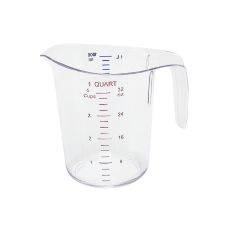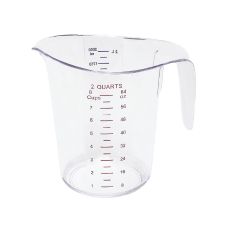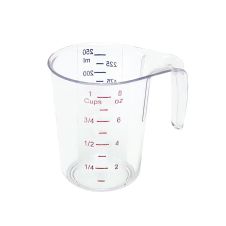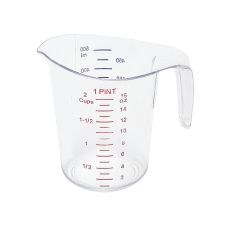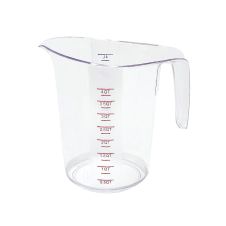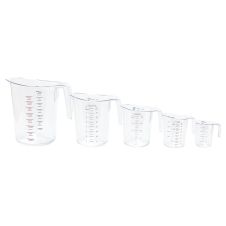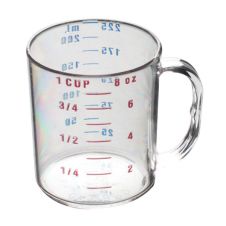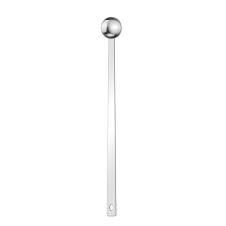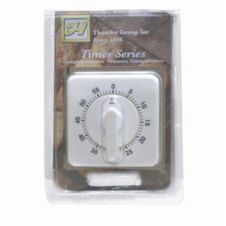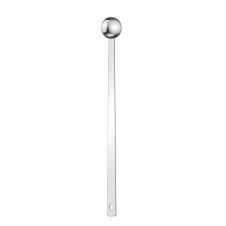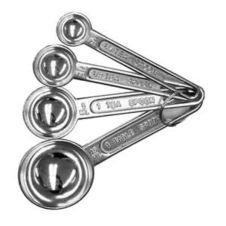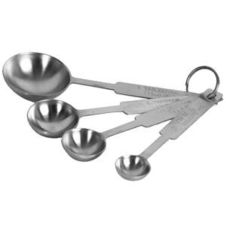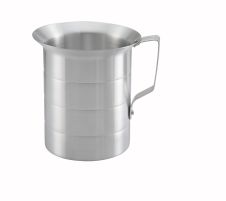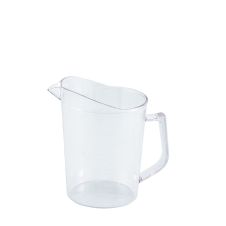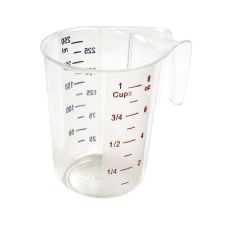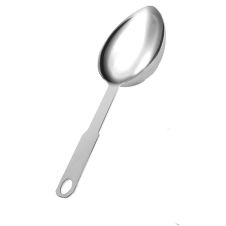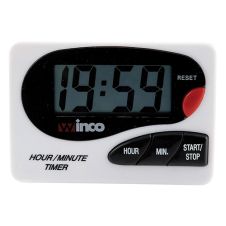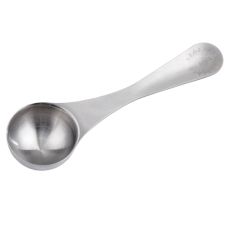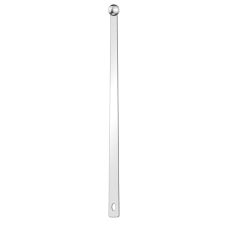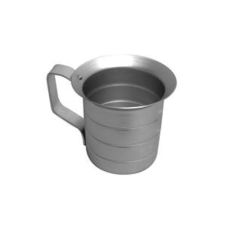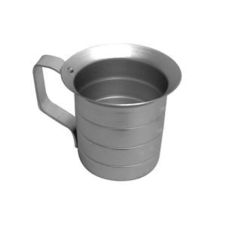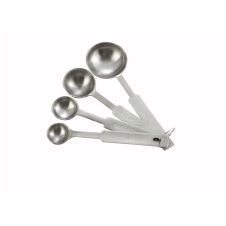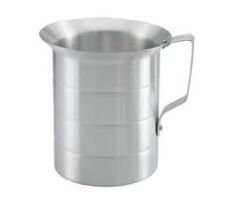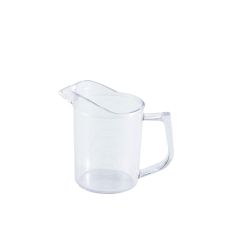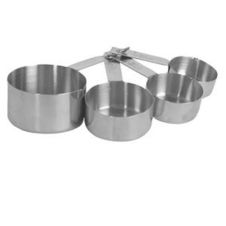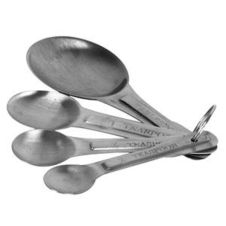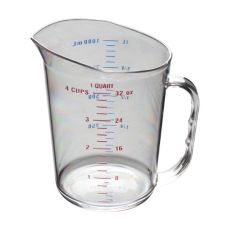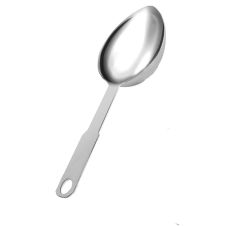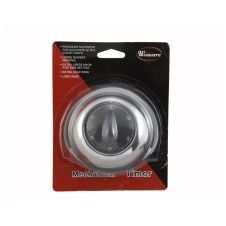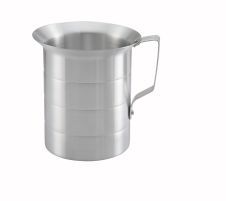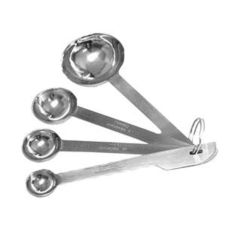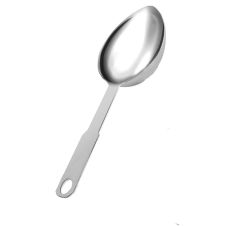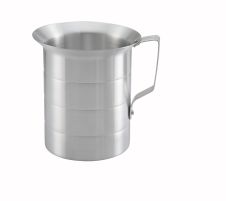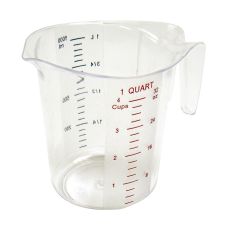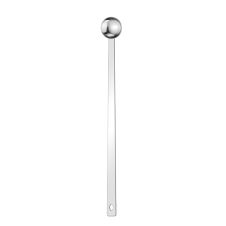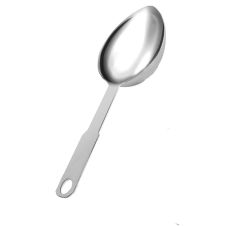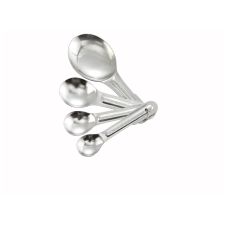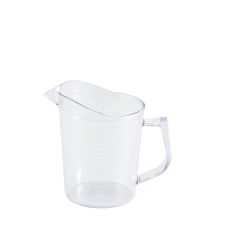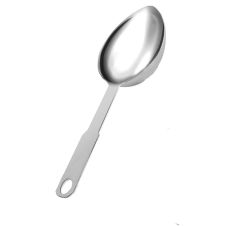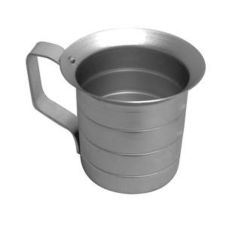Measuring Tools for Kitchen
-
Thunder Group SLMS033V, Stainless Steel Heavy Duty Oval Measuring Scoop, 1/3 CupSKU: SLMS033V$7.99
-
Thunder Group SLMS050V, Stainless Steel Heavy Duty Oval Measuring Scoop, 1/2 CupSKU: SLMS050V$8.99
-
Thunder Group SLMS013V, Stainless Steel Heavy Duty Oval Measuring Scoop, 1/8 CupSKU: SLMS013V$7.99
-
Thunder Group SLMS025V, Stainless Steel Heavy Duty Oval Measuring Scoop, 1/4 CupSKU: SLMS025V$7.99
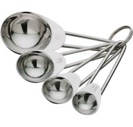
Measuring Tools for Kitchen
Precision is the key to culinary success and can be found at the core of every busy kitchen. Cooking is a delicate ballet of flavours and textures; mastering it requires the appropriate equipment. Enter the world of kitchen measurement equipment, where precision meets imagination to create a seamless symphony of flavour. Today, we'll look at the many kitchen measurement equipment and how they may help you achieve culinary excellence.
The Culinary Artistry Foundation
Every culinary creation starts with the proper measures. Kitchen measurement instruments provide the basis for culinary expertise, from the right sprinkle of salt to the correct amount of flour. The extensive assortment of measuring tools for the kitchen at McDonald Paper includes a variety of possibilities, guaranteeing that every cook, from novice to professional, has the tools necessary to create magic in the kitchen.
There's More to It Than Meets the Eye
The linked link displays an astounding selection of kitchen measuring equipment, each intended to meet the specific demands of the contemporary chef. From ancient measuring cups and spoons to cutting-edge electronic scales, these tools are not just precise devices but also emblems of culinary development.
Cooking Measuring Tools Beyond the Fundamentals
The collection contains specialised cooking measuring equipment for individuals who desire accuracy in all aspects of their culinary journey. Whether it's a digital kitchen scale for exact ingredient weights or a graduated cylinder for liquid measures, these tools boost the culinary experience by providing a degree of precision that surpasses conventional techniques.
A Touch of Elegance in Measurement Utensils
Presentation is essential in the realm of culinary arts. McDonald Paper's kitchen measuring instruments assure precision and give your kitchen a sense of beauty. These measurement kitchen tools are a delight to use, with sleek designs, robust materials, and ergonomic features that make measuring a smooth and visually attractive experience.
Precision Baking Pastry Measuring Tool
Baking is an art form that needs precise measurements to be taken. Measuring tools for baking, such as those offered by McDonald Paper, are developed to cater to the requirements of both professional pastry chefs and amateur bakers. With the help of these instruments, bakers can create sweet dishes that are not only delicious but also visually beautiful. These instruments range from measuring spoons that can be adjusted to very exact scales.
Tools for Measuring Food: The Key to a Healthy Lifestyle
The collection includes food measurement tools that simplify the process of tracking calorie intake and managing portion sizes for those who are concerned about the nutritional intake they consume. A healthy lifestyle requires accuracy, and these instruments provide that precision. Whether you are measuring components for a nutritious meal or monitoring your food intake, these tools will help you achieve that precision.
Conclusion
Precision is the cornerstone of excellence in the culinary arts. McDonald Paper's kitchen measurement tools come in a variety of styles, each designed to satisfy the specific needs of the contemporary kitchen. Whether you're a seasoned chef or a novice home cook, these tools are more than simply measuring devices; they're portals to a world of culinary inventiveness and accuracy. Accept the art of measuring in the kitchen, and let the flavour symphony begin.



